How has she discovered rational value to contribute to society in her silver years?
As she turns 70, she begins to teach young foreign workers living in Korea.
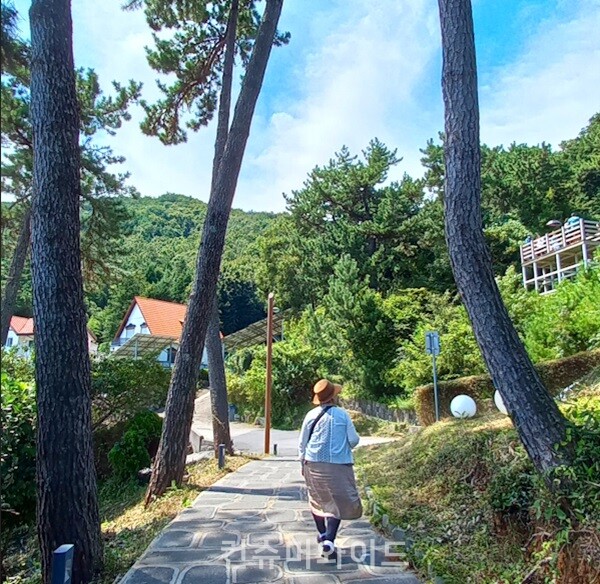
[Consumerwide - Yohan Bok Reporter] A paper states that the governments of Germany and the Netherlands encourage major volunteer organisations that offer citizens social participation opportunities across a range of industries, utilising this system as a social resource. Some see that their way of perceiving volunteer work as a caring force of local society may bring a good sense of pride by positioning them back in society. Regarding this, a Korean immigrant living in the Netherlands said, "In the Netherlands, people work or volunteer until they cannot move their hands and feet, unless they are people with disabilities. (reference: Korea Institute for Health and Social Affairs 2018 overseas volunteer work activity policies and programmes status research)
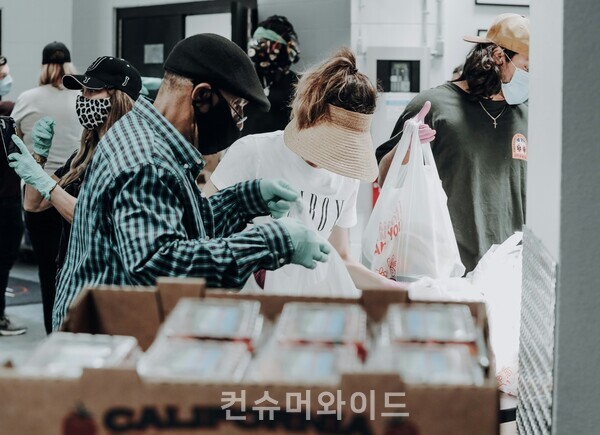
In contrast, Korean society seems to recognise citizens over 60 years old not as a work force but only as objects of support and protection. In Korea, whether mid-aged or people over 60, it is not easy to find a job as employers are reluctant to hire them. Doors for volunteer jobs are narrowing down as well. Some knock on the door to have their dream come true after years of childcare, but the institutes, including Christian organisations, narrow their placement according to age, education, and social status. Thus, it's not an open door either.
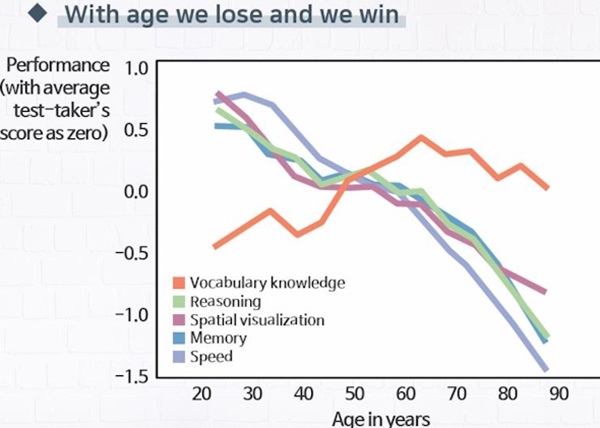
Nevertheless, there is a study that stands against the social trend, which values people with high social status. Professor Park Hyunju of Global Cyber University in Korea highlighted the Seattle Longitudinal Study (a study over forty years). Regarding her studies, during the mid-aged period of human life, many parts of intellectual cognition approach their peak. Spatial, numerical, and perceptual abilities decrease in the ageing process. Yet, language, inductive reasoning, and language memorization capacities weren't declining as rapidly as they should. Rather, they survived with support from former knowledge. ("Mental Age Diet: The Change of Mental Capacity" by Park Hyeonju)
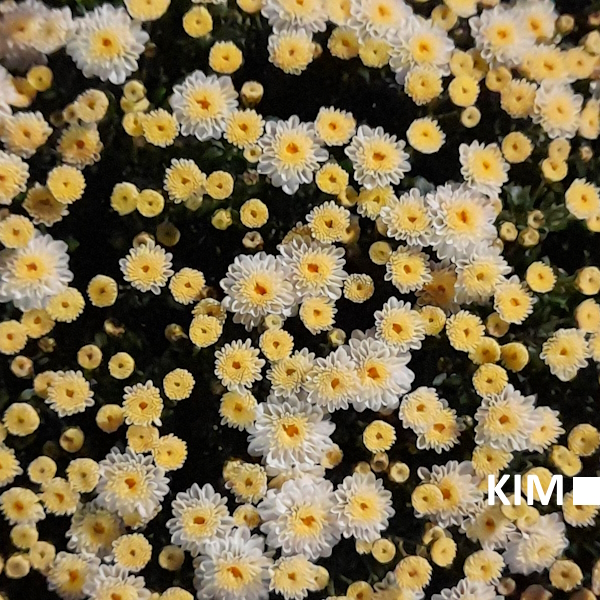
Kim, who is now in her 70s (Korea), jumped into studies during her late 60s. It was in her late 50s when she began to have a clear vision of teaching Korean to those who wanted to work or live in Korea. During her early marriage, she used to edit the writings of her husband, who was a news reporter at the time. After some decades, her daughter asked her to begin studying, knowing her dream. Yet Kim was hesitant for a couple of years due to weak joints and memorization capacity compared to her former time.
One of the NGOs has turned her down because she is a single mother. Two decades ago, her husband left her and tree children. Her firstborn was just learning to walk; the second child was old enough to crawl; and the third was still growing in her belly. She decided to attend a university in her later years after going through this severe social stigma in her life.
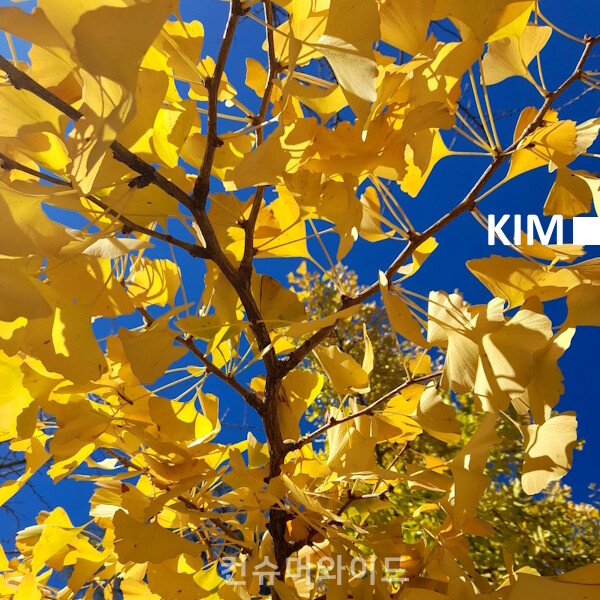
She was granted a sponsoring programme for her four years of university (Korea Student Aid Foundation). There were quite a number of times that she submitted a handwritten pencil report after watching YouTube materials, which her daughter found at her request. The studies weren't easy, starting from multiple-choice exams, which gave her the toughest hour due to the unfamiliar form, to field assignments. After all, it was a satisfying and happy experience, as she got the opportunity to express her thoughts and ideas on a large scale. In her early 70s, she volunteered as a Korean teacher in a small community prior to her last semester. After listening to her story, I had the feeling that she was already reaping the fruits of her labours, which consisted of nurturing her children and grandchildren, each of whom had a unique personality, and forming pearls after overcoming numerous incredibly difficult circumstances.
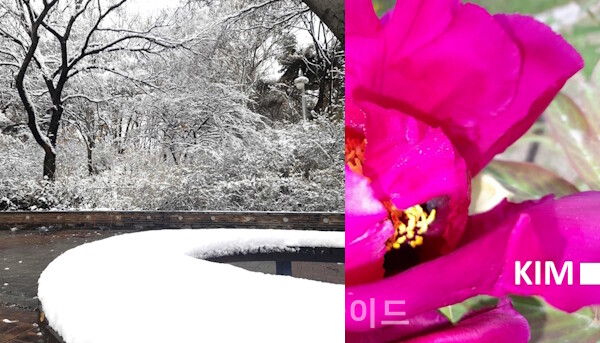
Living in a century where life expectancy is 100 years, life after the 60s is the most exquisite time to be wise and bear fruit in one's lifetime, beyond physical weakness. I really do hope that Korean society will change to the point where everyone respects, encourages, and appreciates the time of ageing sometime soon.

